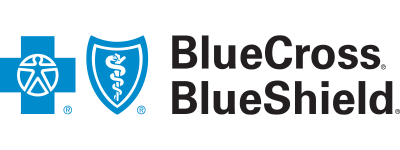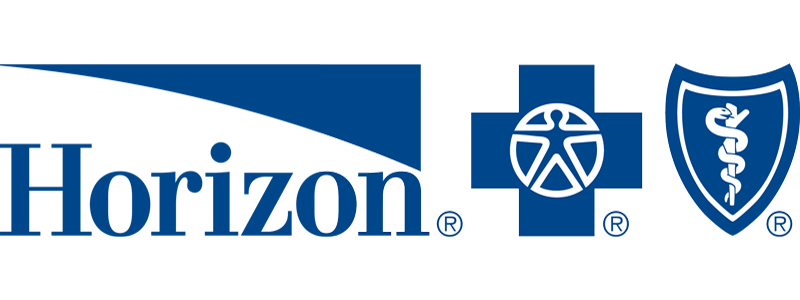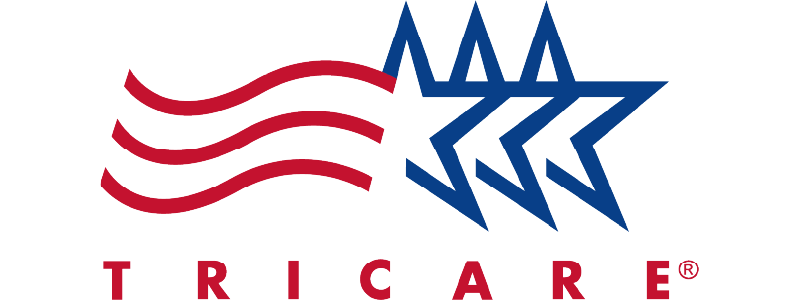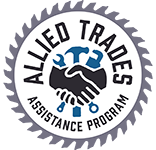What Type of Insurance Do You Accept?
We accept a wide range of policies from many providers, including Cigna, United Healthcare, Aetna, Blue Cross and Blue Shield, Capital, Tricare, and Allied.
What Is the Cost of Treatment?
Costs vary depending on a number of variables. We do our best to minimize your out-of-pocket costs.
What Is a Primary Insurance Subscriber
That may be you, your spouse, parent, or other family member. However, many people in treatment may qualify for treatment under a family member’s insurance plan.
How Do I Know If My Insurance Policy Covers Treatment?
Navigating a health insurance policy can be difficult. We’ll help you understand your individual policy terms and how that translates into costs to you. We work with you to ensure you and your loved ones receive the best care possible. Allow us to help you understand your insurance policy at no additional cost to you.
Why Do I Need to Verify Insurance?
This helps us provide you with the necessary information related to costs covered by your insurance. Once you’ve filled out all the necessary information via our Verification Form, we can start the process that takes about one business day. Once verified, we’ll contact you to review details of your coverage and our offered services.
What Is a Pre-Certification?
Some health insurance policies require a pre-certification before a client can start a program. This process may necessitate notifying your insurance company of your intentions for therapy.
What About Maintaining Coverage Through Recovery?
Some insurance plans and providers require intermittent reviews related to a subscriber’s treatment and services. We work in compliance with health insurance standards and help ensure uninterrupted treatment and medical coverage throughout your recovery.
How Does My Deductible Factor In?
A deductible is an annual payment amount owed before your insurance begins coverage. A person with a higher deductible plan has higher overall costs but a lower premium per month. Those with a low deductible plan have higher dues each month.
What Is a Copay?
A copay is a fixed, out-of-pocket fee paid per service. For example, you may provide a copay fee each time you visit the dentist. Some insurance companies do not require a copayment.
What Does In-Network Mean?
Rates may be predetermined or discounted when a service provider is “in network” with your insurance provider. However, this means limiting your number of possible providers.
Can I Still Get Treatment from Out-of-Network Service Providers?
Yes, you can still receive treatment from out-of-network providers. In many cases, it’s most important to seek treatment from a service or facility that will provide the best care for an individual. This is why many people seek specialty treatment providers regardless of whether they are in/out of network.
What Is an Out-of-Pocket Expense?
These are fees that are not covered by insurance policies. Examples of out-of-pocket expenses are copayments, deductibles, and co-insurance.

















